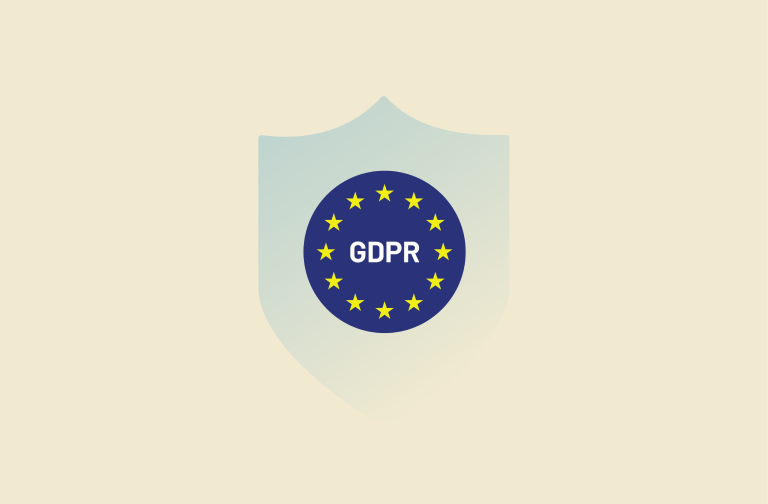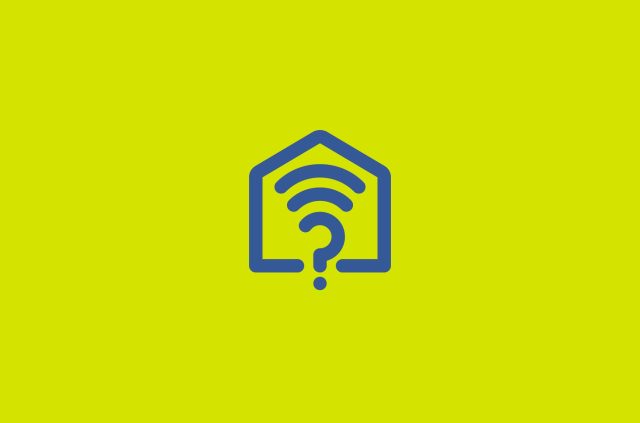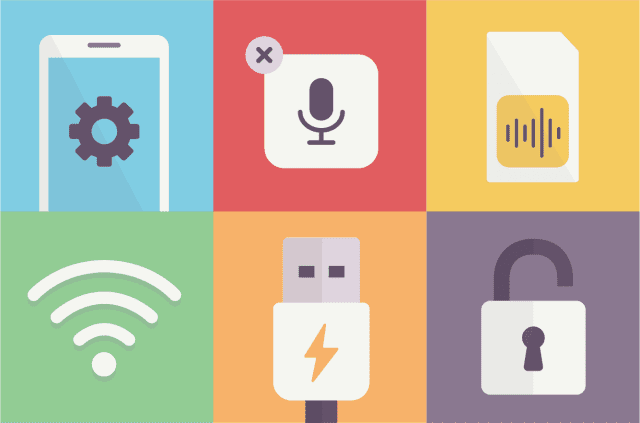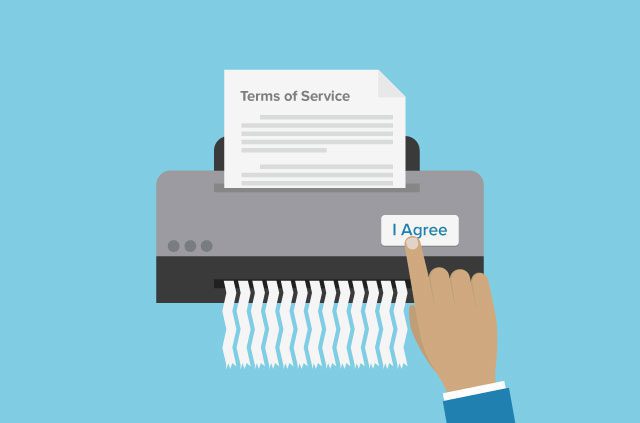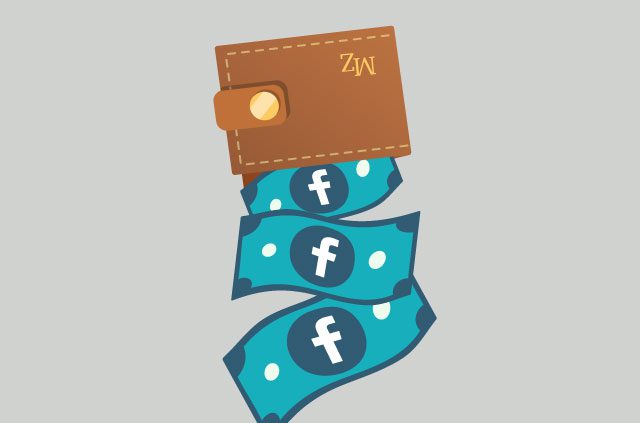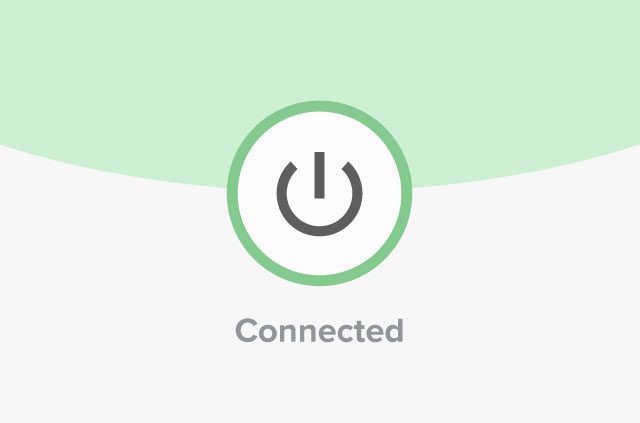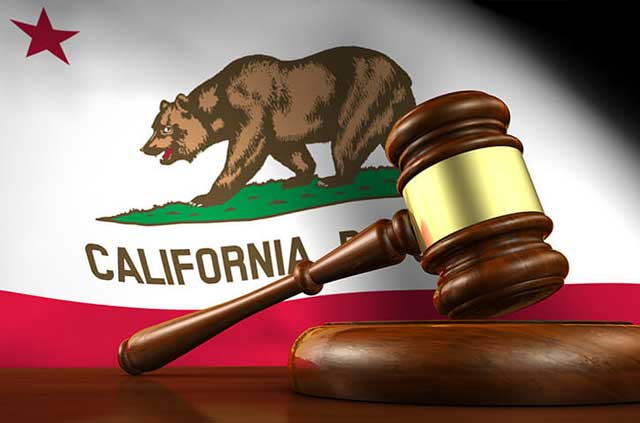
This post was originally published on February 18, 2016.
Yesterday we wrote about the ENCRYPT act of 2016, and what an important step forward it is.
Today, there has been a new twist of events in the ongoing debate over encryption.
California judge wants Apple to break their own iPhones
News hit overnight that a California judge issued an order that would force Apple to program backdoors into their own products. These backdoors would allow law enforcement officials to access any Apple device, any time they wanted.
Apple, understandably, has a huge problem with this. And they released an epic statement saying as such.
It’s a powerful statement of defiance by Apple. And they are not standing alone.
Don’t be evil: Google and Apple stand together
Edward Snowden tweeted that Google’s silence on the issue was an admission that they are in support of the FBI’s demands to access private data.
This is the most important tech case in a decade. Silence means @google picked a side, but it's not the public's. https://t.co/mi5irJcr25
— Edward Snowden (@Snowden) February 17, 2016
Almost immediately, Google vociferously expressed complete support of Apple.
Google. Standing with Apple.
Let’s just digest this for a second… These two companies have been at loggerheads for years and have filed countless lawsuits against each other. It’s no easy task to unite such ferocious enemies, and the fact that they are supporting each other is testament to the greater evil that is the FBI’s court order.
Governments are asking for complete access to our lives, any time they want. What is the limit here? And who is drawing the line? How much information can a government take from you, and who can stop them?
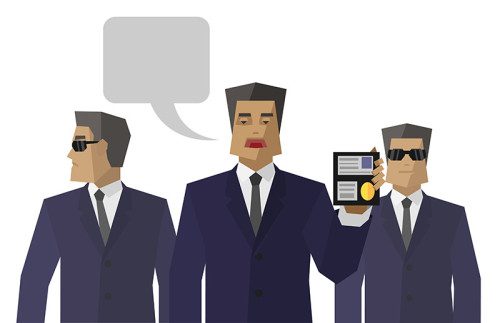
The FBI wants Apple to brute-force themselves
Apple has complied with requests from law enforcement agencies in the past, they freely admit this. So why are they taking issue now?
It’s all about the evolution of software.
For iPhones with iOS 7 or earlier, Apple keeps a copy of the encryption key in case the user forgets their PIN. It’s a simple legal process for a law enforcement agency to ask for a copy of this encrypted key so they might unlock a seized device.
Over time these requests for keys increased exponentially and Apple became uncomfortable handing them out so frequently, so they decided to change the system.
From the update to iOS 8 on, the encryption key is kept solely on the phone and can only be unlocked with a PIN defined by the user. Meaning Apple has no data to hand over to anyone, even if they are forced to.
The FBI are trying to force Apple to write some code that will override this user PIN number.
This is fundamentally different to handing over an encryption key and it will impact the security of millions of devices around the world.
Can the FBI force a private company to weaken the security of their own products? Apple and Google don’t think so, which is why they are speaking up now.
The case is a global concern
Although this is an American court case, the ramifications affect the entire planet.
Apple makes global products, so would every government and police force around the world be allowed to use these backdoors to access your phone? What of the less savory governments? What could they do with such unbridled access to your digital devices?
And that’s not to mention the countless other parties who might benefit from this forced backdoor. If the FBI can crack it, so can the Internet. Hackers always seem to be one step ahead of any government. And if there’s an easy way to get your stuff, of course a black hat hacker will exploit it.
No one, including the government, has a right to know your every move. You’re supposed to be innocent and free until proven otherwise. Not the other way around.
Setting a dangerous precedent
Other companies have also thrown their hat into the ring. WhatsApp, Firefox and the Electronic Frontier Foundation have also expressed their concerns at the precedent this court case might set.
Well done, guys. It’s about time we all stood up in the fight against encryption.
Take the first step to protect yourself online. Try ExpressVPN risk-free.
Get ExpressVPN


